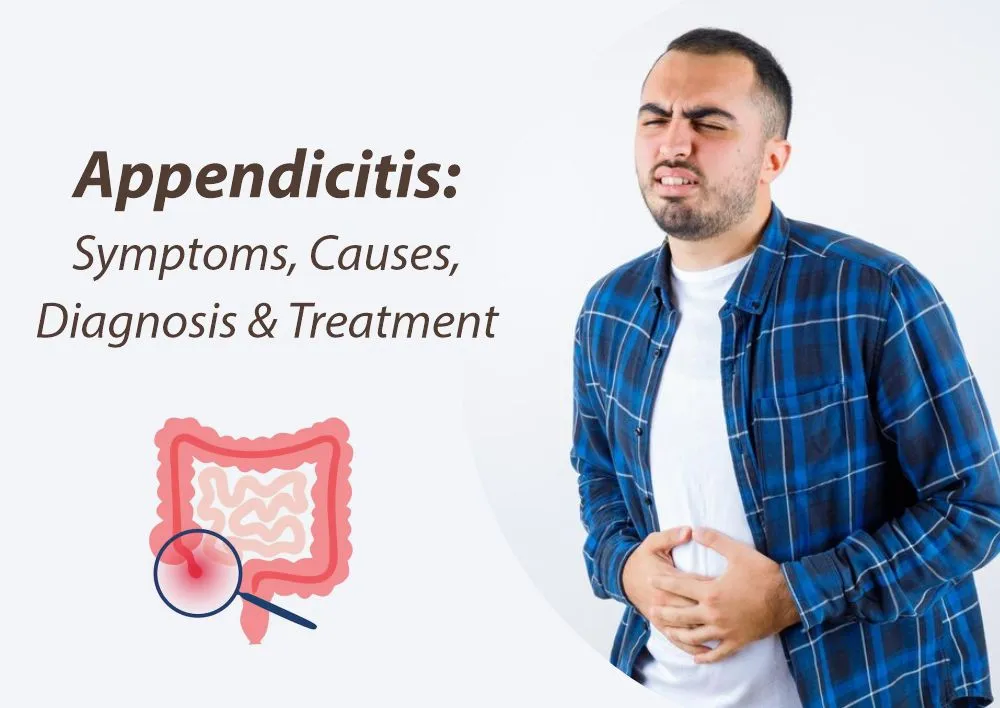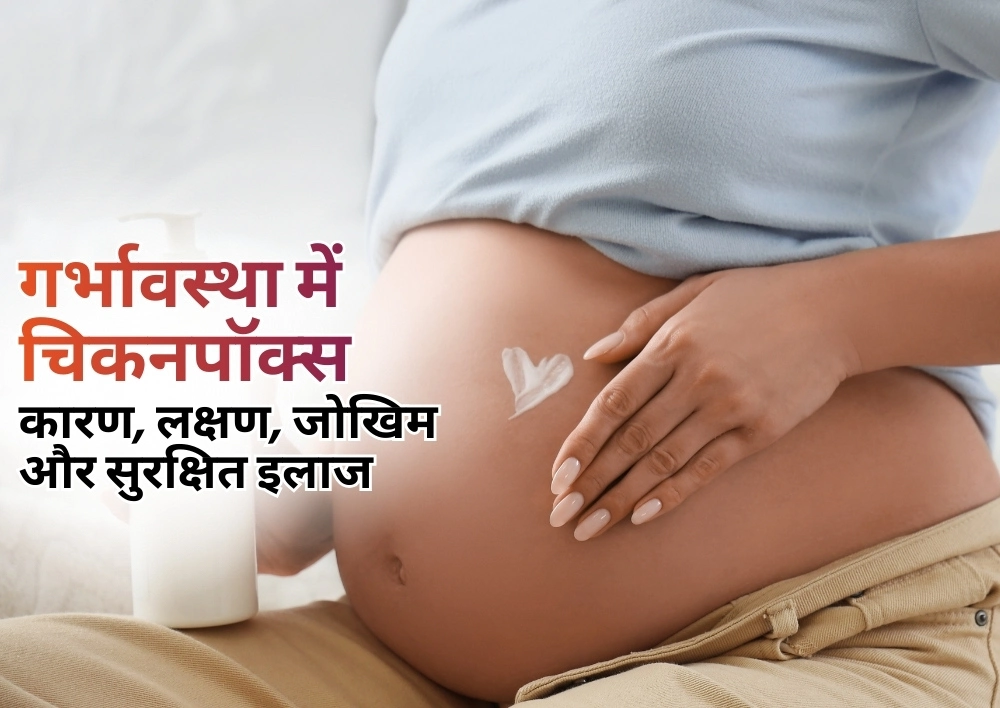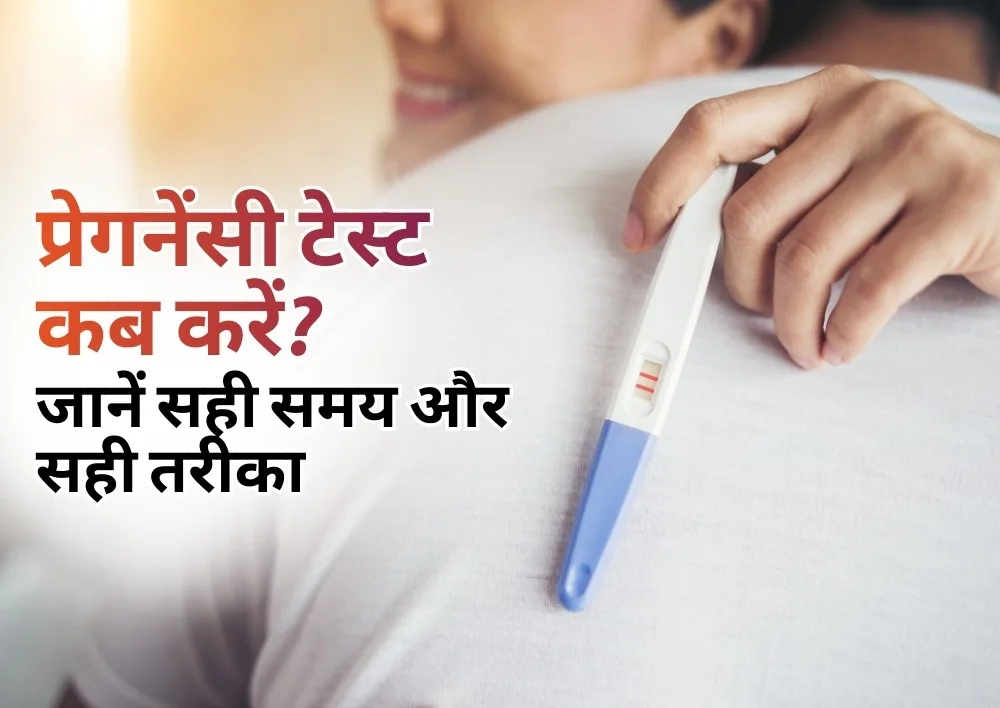Appendicitis: Symptoms, Causes, Diagnosis & Treatment
Appendicitis is the inflammation of the small, tube-like organ at the junction of the small and large intestines. It requires careful attention for a healthy recovery.
When it comes to prioritizing your health, Miracles Apollo Cradle/Spectra emerges as the best appendicitis treatment hospital in Gurgaon. We offer a harmonious blend of expertise, cutting-edge technology, and compassionate care to ensure a seamless health journey. Our team of esteemed laparoscopic surgeons utilizes state-of-the-art technology to provide expert care from the initial diagnosis to your post-operative recovery. We are committed to providing not just treatment but a complete experience that exceeds expectations.
By choosing us, you not only secure top-notch medical expertise but also enjoy the convenience of skipping queues because your time matters. Empower yourself by taking charge of your health. Schedule a consultation today with our dedicated general surgery doctor in Gurgaon, and take a step towards optimum appendix care.
Here we're breaking down the basics of what it is, why it happens, how doctors figure it out, and what they do to fix it. Understanding these fundamental aspects ensures informed decision-making and promotes a proactive approach to your well-being.
What Does Appendix Mean?
The appendix is a small, finger-shaped pouch located inside your abdomen, often referred to as a secret pocket. This carrot stick-sized organ is located at the junction of the small and large intestines, where your body digests food. The appendix can become troublesome when inflammation develops.
What Does Appendicitis Mean?
Appendicitis refers to an inflamed appendix. Inflammation in the appendix occurs when the pouch gets blocked or infected, leading to the multiplication of trapped bacteria and causing the area to become inflamed and painful. Appendix surgeons address appendicitis by removing the appendix before conditions worsen.
Acute Appendicitis vs. Chronic Appendicitis:
Acute appendicitis is considered a medical emergency characterized by sudden and severe inflammation, necessitating prompt medical intervention. Symptoms include intense abdominal pain, nausea, vomiting, and fever. The primary treatment involves appendectomy, which is the surgical removal of the inflamed appendix.
On the other hand, chronic appendicitis involves milder but recurrent inflammation with less severe and irregular symptoms. Doctors may recommend antibiotics or lifestyle modifications, but surgical intervention may become necessary if symptoms persist.
What are the Symptoms of Appendicitis?
Appendicitis presents a range of symptoms crucial for seeking timely medical attention. Common signs include:
-
Fever and Chills: Resulting from the body's inflammatory response.
-
Abdominal Pain: Typically felt in the lower right abdomen, starting around the belly button and gradually moving to the right side.
-
Nausea and Vomiting: Progressing as the problem worsens.
-
Loss of Appetite: Sudden disinterest in eating.
-
Change in Bowel Habits: Such as diarrhea or constipation.
Why Does Appendicitis Occur?
Appendicitis is the result of the appendix becoming blocked, leading to inflammation. This blockage can occur due to various factors, including:
-
Blockage: The appendix can become obstructed by fecal matter, infections, or foreign bodies, triggering inflammation.
-
Infection: Bacterial multiplication within the appendix causes swelling and infection.
-
Enlarged Lymphoid Follicles: Inflammation of the lymphoid tissue in the appendix can also result in blockage and swelling.
How is Appendicitis Diagnosed?
Diagnosing appendicitis involves a broad approach, combining medical history, physical examination, and imaging studies.
Doctors may conduct the following:
-
Physical Examination: Your doctor will perform a physical examination, pressing on the abdomen to pinpoint pain and tenderness.
-
Blood Tests: Your doctor may recommend blood tests to confirm the presence of infection. Increased white blood cell counts may indicate an infection.
-
Imaging Studies: To visualize the appendix and confirm the diagnosis, the doctor may suggest CT scans and ultrasounds
What is the Treatment For Appendicitis?
Depending on the severity of the condition, your doctor will decide on the most suitable treatment option. The treatment for appendicitis may include:
-
Medication: In cases of mild or early appendicitis, your doctor may recommend antibiotic medicines. These medications are used to treat the infection and provide pain relief, especially if surgery is delayed.
-
Surgery (Appendectomy): It's important to note that the appendix can rupture within 36 hours of the first symptoms. In such cases, doctors typically recommend surgical treatment, involving the removal of the inflamed appendix. Appendectomy procedures are often performed using laparoscopic techniques for a faster recovery.
Conclusion:
In conclusion, although the appendix may be no larger than a carrot stick, its inflammation can have a significant impact on health. Understanding the symptoms, potential causes, and effective management of appendicitis is important for prompt intervention and faster recovery.
Quick responses to symptoms can prevent complications and ensure a smoother healing process. If you or someone you know experiences symptoms of appendicitis, it's important to seek immediate medical attention from the best general surgeon near you.
Miracles Healthcare is the best general surgery hospital in Gurgaon. We specialize in appendicitis treatment, offering a comprehensive range of services to cater to your needs. With skilled laparoscopic surgeons, cutting-edge facilities, and personalized care, we provide both traditional and laparoscopic appendectomies, ensuring the highest quality of care throughout your journey.
Miracles Healthcare extends its comprehensive healthcare services through various facilities: Miracles Apollo Cradle, Miracles Apollo Cradle/Spectra, Miracles Fertility & IVF Clinic, and Miracles Mediclinic. Conveniently located in Sec 14, Sec 56, and Sec 82, these facilities cater to the diverse healthcare needs of the Gurgaon community.
Our commitment to your well-being extends beyond treatment, with comprehensive pre- and post-operative support to guide you every step of the way. Choose Miracles Healthcare for excellence in appendicitis care and experience the difference in your journey to wellness.
For any queries or to schedule an appointment with our experts for appendicitis treatment, please don't hesitate to contact us. Your health is our priority, and we're here to provide you with the compassionate care you deserve.















Was the information useful?
0 0